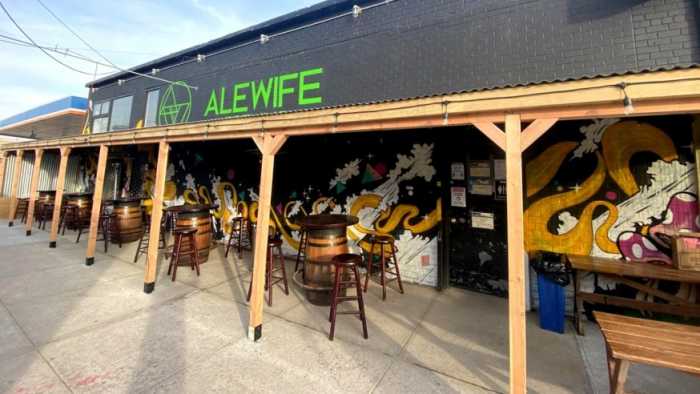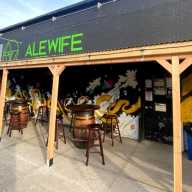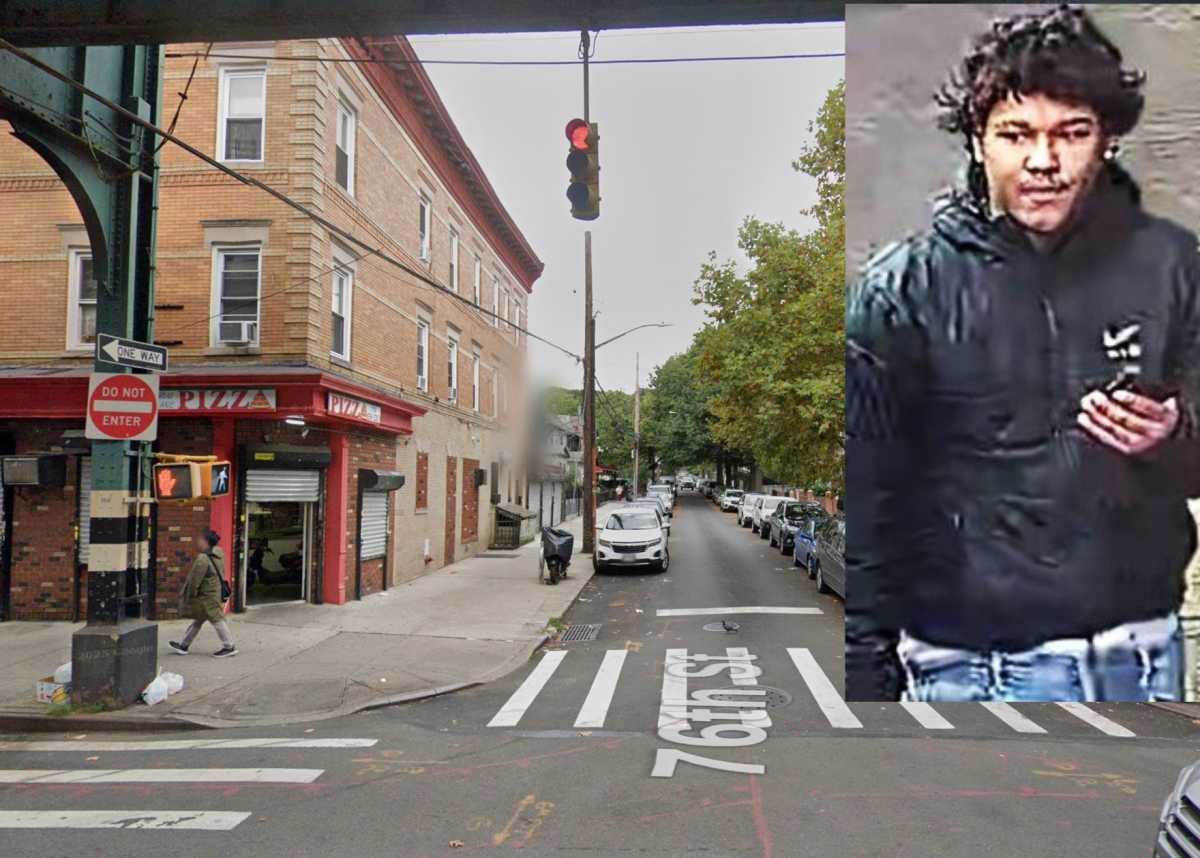Community Board 2 — encompassing Long Island City, Sunnyside, Woodside and parts of Maspeth — heard a presentation on the New York City Department of Transportation’s citywide proposal to remove sidewalk cafe regulations in order to continue expanded outdoor dining.
The Permanent Open Restaurants (POR) program was proposed due to the success of creating adjacent sidewalk and roadway space for restaurants to expand during the COVID-19 pandemic, when restrictions made it hard to optimize profits.
In April, the City Council voted in favor to extend the temporary program beyond its initial expiration date and replacing it with a permanent program. However, for it to go into effect, changes need to be made to the zoning text and local law, which is up to individual community boards to vote on.
The DOT is now looking for feedback on the program before community boards around the city are asked to vote on it.
Since the initial temporary Open Restaurants program started about a year ago, about 11,000 restaurants participated, which has helped save about 100,000 jobs, according to Julie Schipper, deputy chief of staff at the DOT.
“This program has been a lifesaver — not just for the restaurant industry, but also to the city that has seen outdoor dining and the incredible vitality it could bring as a beacon of hope and innovation during a very dark time, a sign that our city could imagine a better future,” Schipper said.
But DOT recognized some complications with the Open Restaurants program, such as issues with turning radius and blocking safety signs. However, Schipper said they are working with safety agencies to make improvements for the POR program. The program would also be seasonal, and not operational in the colder months.
One resident, Diane Hendry, spoke in opposition to this proposal during the community board meeting.
“First of all, I would like to point out that putting the DOT in charge of anything is a bad idea,” Hendry said. “These shacks in our streets are used for a small percentage of the year. The environmental impact of using propane on streets is a concern. Restaurant shanties also take parking away from small businesses.”
Other community members also voiced concerns about noise as well as other quality-of-life issues.
Schipper said the emergency Open Restaurant Program enacted during the pandemic will remain in effect for another year and a half, so restaurants have ample time to transition to POR if they choose.
“COVID-19 has really shaped the way New Yorkers are able to think about how our streets can be used,” Schipper said. “We think this has been a real silver lining to the pandemic.”
Lisa Deller, the chairperson for Community Board 2, said the DOT presentation was not thorough enough. Deller explained that the DOT’s rules, staffing or allocated expenses for this program haven’t been provided to the board yet.
It is unclear when community boards will vote on the zoning amendment, but the program is scheduled to go into effect in 2023.




































